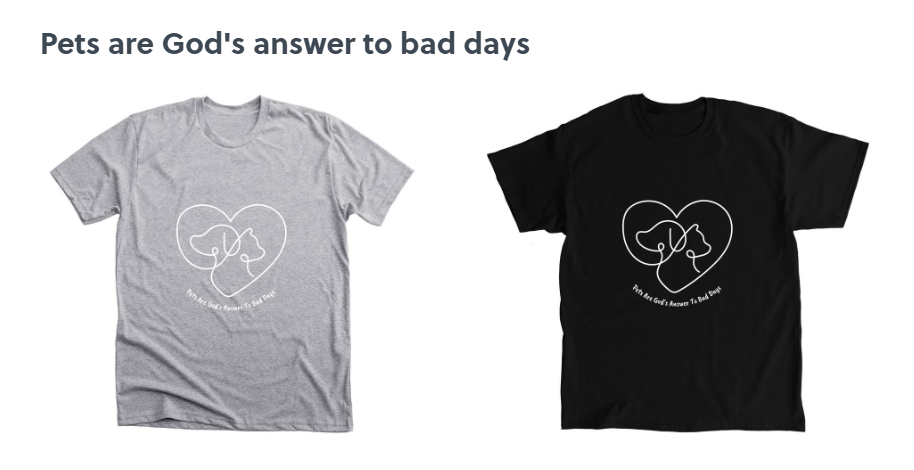It is the season of special meals, decadent treats, and a plethora of snacks, and though you likely know not to share these goodies with your dog, sometimes the temptation to share wins out over common sense.
If you are tempted to break the rules, it is critical to know what might happen if your pooch indulges on foods (especially fatty foods!) that he or she shouldn’t. Pancreatitis is a serious and potentially life-threatening condition in dogs, occurring when the pancreas becomes inflamed and fails to function properly. This vital organ produces enzymes to aid digestion and regulates blood sugar levels, making its health crucial.
Causes
Pancreatitis can be triggered by several factors, including:
- High-fat diets: Feeding dogs fatty table scraps, especially during holidays, can overwhelm the pancreas.
- Obesity: Overweight dogs are more prone to this condition.
- Medications or toxins: Certain drugs or toxins can stress the pancreas.
- Underlying conditions: Diabetes, hypothyroidism, or genetic predisposition may increase risk.
Symptoms
Recognizing pancreatitis early is essential for effective treatment. Symptoms include:
- Vomiting: Often persistent and accompanied by a lack of appetite.
- Diarrhea: Sometimes with a greasy or fatty appearance.
- Abdominal pain: Dogs may arch their backs, cry out, or resist touch near their stomach.
- Lethargy and weakness: A general sense of malaise.
- Fever: May also be present in severe cases.
Treatments
If you suspect pancreatitis, seek veterinary care immediately. Treatment usually involves:
- Hospitalization: Severe cases may require IV fluids, pain management, and anti-nausea medications.
- Dietary changes: A low-fat, easily digestible diet is often prescribed during recovery and long-term.
- Enzyme supplementation: For chronic cases, supplements may aid digestion.
Prevent pancreatitis by feeding a balanced diet, avoiding high-fat treats, and maintaining a healthy weight for your dog. With prompt attention and proper care, many dogs recover fully, though severe cases can lead to complications requiring lifelong management. If your dog exhibits any concerning symptoms, don’t delay in seeking professional advice—it could save their life.
Thanks for reading! We appreciate you.







